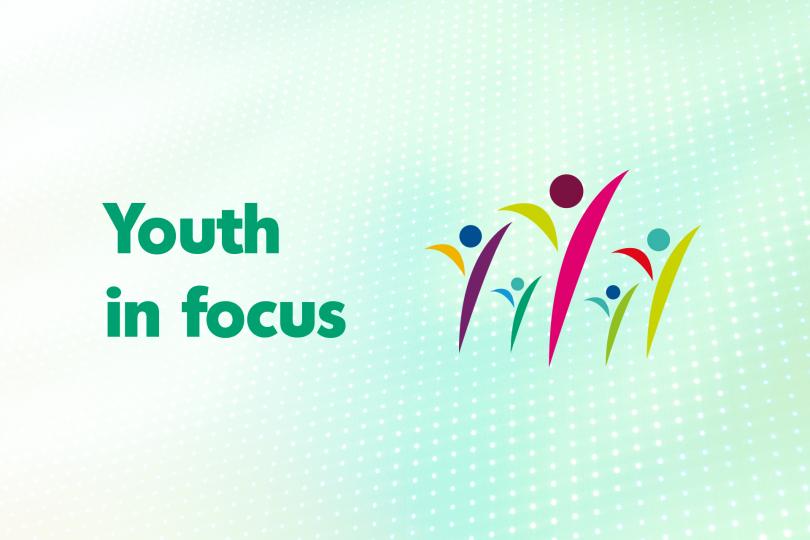
Youth in focus
ETF communication campaign June 2022
2022 has been designated the European Year of Youth, and its aim is to highlight the important role of young people in society particularly for shaping a greener, more inclusive and digital society. For young people to take the lead they need the right education and skills, and opportunities to do so.
The COVID-19 pandemic had a disproportionate impact on young people in terms of their education, careers and well-being. They are worried about the future. Supporting young people is not just about preparing for tomorrow, it is about saving today. Special attention is needed for those young people facing disadvantage due to gender, migration, or learning difficulties, for example.
The European Union’s Youth Strategy 2019-2027 sets out 11 European Youth Goals for which inclusive education and skills development are critical. Its ambitions are also at the heart of the EU’s external relations, permeating all its actions in line with the 2030 Agenda and the Sustainable Development Goals (SDGs).
During the this month the ETF's communication campaign, Youth in Focus, will highlight ETF's work in the EU’s neighbouring regions supporting countries through policy advice and targeted interventions to adapt and reform their employment and labour market systems with the concerns of youth at their core. We will host a series of meetings both live and virtually, so stay tuned to our social media channels for key discussions with a range of stakeholders, including of course young people!
Background
The ETF’s latest round of the Torino Process 2018-2020 found that in 2020, on average, one in every four young people in ETF partner countries due to various reasons, were not in education, training or employment (NEET) and women were disproportionately represented. This figure rises to one in three for the Southern and Eastern Mediterranean region.
We support the Youth Guarantee in the Western Balkans, youth engagement in the Eastern Partnership, and youth employment together with the Union for the Mediterranean, and the African Union. Our support in all regions on work-based learning and apprenticeship promote knowledge and good practice sharing and their vital contribution in preparing youth for the digital and green transitions when combined with multistakeholder governance mechanisms, financing for youth programmes and activities, and a robust and agile private sector. Check out our latest newsletter on how the craft sector is being rejuvenated in both content and appeal to young apprentices.
We assist partner countries with active labour market measures (ALMPs) to enhance youth employment, particularly for new and emerging sectors such as platform work. Moreover, the ETF is dedicated to building young peoples skills and mindsets for today and to prepare for the future through skills anticipation and matching. Find out more details on an important event of the ETF SkillsLab network of experts on the topic taking place 13 and 14 June.
In partnership with other organisations the ETF supports the development of appropriate skills and competences through the enrichment and reform of the curriculum with the help of the EUs competence development frameworks (DigComp, GreenComp, LifeComp, and EntreComp), the development of qualifications frameworks, recognition of prior learning, and professional development of teachers and trainers. Our work is supported by a series of learning networks such as the ETF Network of Vocational Excellence (ENE), the Community of Innovative Educators, and the GLAD network which supports partnerships and enhances the contribution of governance of vocational education and training, skills development and lifelong learning. We are also supporting the institutional readiness of schools through the EU’s SELFIE tool and the reform of career guidance services.
Did you like this article? If you would like to be notified when new content like this is published, subscribe to receive our email alerts.